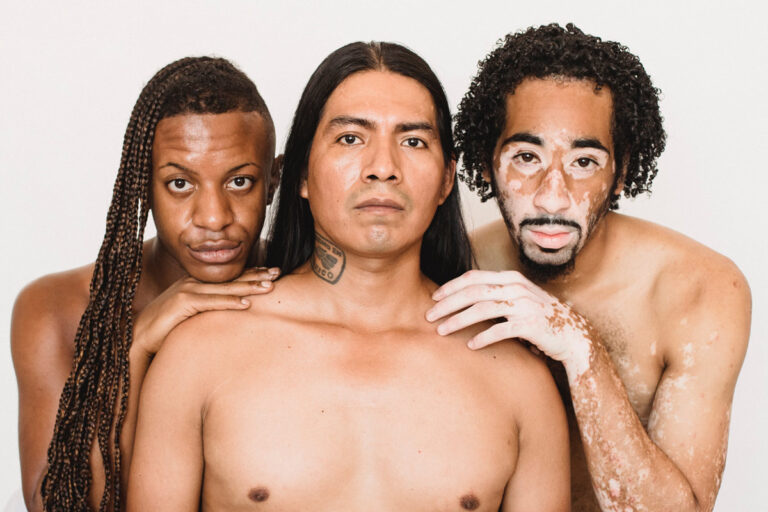Gender Recognition Certificate cost cut from £140 to £5. How will it impact transgender citizens?

The UK Government has today, 4 May, delivered on its pledge to reduce the fee of applying for a Gender Recognition Certificate (GRC) from the hefty price of £140 to just £5. The GRC means that for certain things that are controlled by law (such as pensions, marriage and prisons) you may be treated as the gender of your birth certificate regardless of your actual gender identity. Gender recognition allows you to change your legal gender from male to female or from female to male. Here’s everything you need to know about the recent change and how it will impact transgender citizens.
In response to recent consultation on the Gender Recognition Act, the minister for women and equalities, Liz Truss, decided upon modernising the process of applying for a GRC, reducing the price being one big change—as data had shown from the National LGBTQ survey, the price of application in the past, was one issue holding transgender people back from obtaining their GRA.
As publicly announced by Truss, “In the National LGBT Survey, 34% of transgender people told us that the cost of applying for a certificate was holding them back from doing so. Today we have removed that barrier, and I am proud that we have made the process of getting a certificate fairer, simpler and much more affordable.”
What will people applying for a Gender Recognition Certificate have to do now?
The existing rules state that to legally change one’s gender, a two-year waiting period is still required as well as a review by a specialist panel, and the additional £5 fee. Many LGBT campaigners still believe that the current system needs to change further, and have called for it to be replaced entirely with a simpler declaration and self-identification system instead. The application process is also due to be moved online, saving travel and unnecessary complications as well. That being said, there is a price to paperwork—even if the fee is £5, trans people will still be paying for gender changes on the documentation such as birth and marriage certificates.
Cara English, the Head of Public Engagement at trans awareness charity Gendered Intelligence said that the process still needs to be made “less invasive,” and that “Anyone applying for a GRC is still going to need to get a statutory declaration overseen by a solicitor, which can cost from £5 anywhere up to as much as £200,” she told inews, continuing that “there are medical reports from doctors and surgeons detailing any and all healthcare interventions taken to date are prepared at cost, and then shared with a panel of strangers who judge your application.”
Since 2005, a total of 5,871 GRCs have been granted, according to the latest official figures. The government has also estimated that there are somewhere between 200,000 and 500,000 transgender people in the UK.
While the government is taking its first baby steps in making the process easier and cheaper, which in turn will welcome more applicants, there is still a lot more than needs to be done. Lee Clatworthy from national transgender charity Sparkle told the BBC that the process remains “overly long-winded” and a reduction in cost “won’t compel more to apply.”
What gender changes can legally be made now?
Under the Gender Recognition Act 2004, UK adults can legally change their gender if they meet certain criteria. They are required to declare that they will live permanently in their acquired gender, they need a medical report of a gender dysphoria diagnosis and a medical report of any hormone treatment or surgery, including any planned treatments. They must also provide evidence that they have lived full time in their acquired gender for at least two years, such as copies of their passport and driving licence, and be over the age of 18.
The recent changes to the Gender Recognition Act bill will not affect laws in Northern Ireland, and Scotland will also make its own decisions. Much of the debate surrounding the decisions that are due to be made are in regards to women-only spaces such as toilets, changing rooms, domestic violence refuges and prisons. Under the Equality Act 2010, no one should be discriminated against because they are transgender, and legally changing your gender may still not guarantee entry to these single sex spaces.
This is a fundamentally an incremental system within society today, and one that is (in the grand scheme of things) only just beginning to gain momentum, which means big changes are due to happen regardless of the government’s timelines. For now, I’m looking forward to seeing the changes unfurl.




